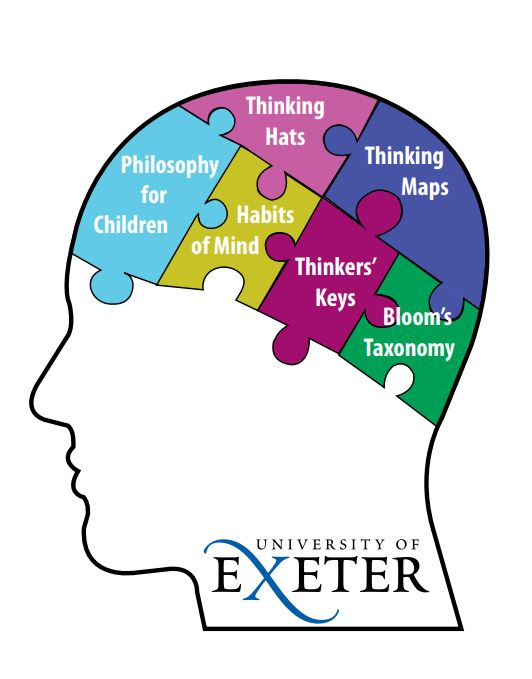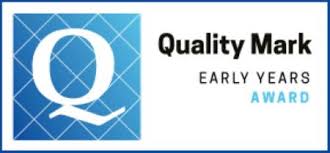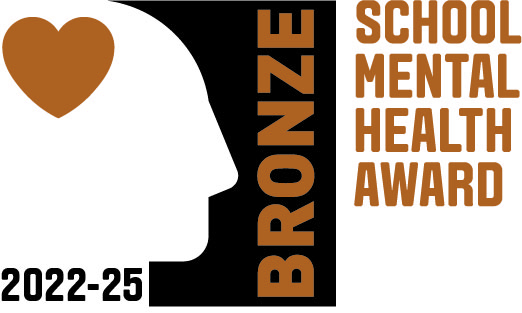Phonics in EYFS & Year One
At Hillcross our phonics Programme is Phonics International (PI).
In the EYFS, pre Phonics and early Communication and language skills are taught and embedded before children move onto systematic and synthetic phonics teaching sessions. This effectively prepares children to be able to access the PI programme. As children move through Reception the PI Programme and progression of skills document is incorporated into all elements of the Reception curriculum, the continuous provision and the daily teaching, to ensure children are secure in the ELG for Communication & Language and Reading by the end of their Reception year.
Across Year One, the National Curriculum expectations are also incorporated into this cohesive and progressive programme of phonics teaching, so that by the time our children leave Year One, they will have the knowledge and skills they need to be confident and independent readers and writers.
Nursery
At Hillcross we recognise that the development of pre-phonics skills are crucial to enable children to access future phonological learning. As well as targeted ‘incidental’ teaching across the nursery session, all children will be involved in adult directed pre-phonics sessions, in their class groups, based upon early phonics skills such as hearing and distinguishing between sounds in the environment and in spoken word, orally blending and segmenting and early rhyming skills. Children in Nursery will have exposure to specific learning experiences as stated within the New Development Matters (stages Birth to 3 and 3 to 4years) in the areas of Communication & Language and Reading. These will include:
* Learning songs and Rhymes
* Listening to environmental sounds
* Listening to Body percussion and creating our own music
* Playing with our names and games that involve alliteration
* Sharing stories with props and puppets
* Developing stories with small world toys
* Learning about Story Language
* Learning to listen and respond
The end of year expectations for Nursery, are that children with typical achievement will be secure in the skills taught within the 3 to 4 years Development Matters Learning statements in Communication & Language, Reading & Writing. Staff will monitor children across their Nursery journey to ensure they are making progress in these areas and support whee necessary. Ongoing assessment should include observations of the children in both Child Initiated and Adult Directed play. This will ensure support is provided for those who need it as well as enabling staff to extend those children with the potential to accelerate their learning.
Nursery children will be exposed to graphemes and phonemes through incidental teaching and only when secure in pre phonics oral skills will they be specially taught individual phonemes and grapheme correspondence. For children who are accelerating within their Communication & Language and Reading skills, additional group’s sessions will take place across the week.
Reception
Phonics sessions will be taught four days each week, Mon to Thurs. Friday will be a Key Word focus day, with an additional handwriting session. The end of year expectations are that children with typical achievement will be secure in Phonics International Unit 4 (AARE secure in Unit 5).
During the first two weeks of autumn term, while the children are settling into full time education, there will be lots of teacher-led and child–initiated opportunities for children to recall and rehearse the knowledge and skills they have learnt in Nursery. This will include the Pre- Phonics skills and development of YELs into formation of letters.
Daily Phonics sessions will begin in week 3 of the Autumn term, following the Parent's information workshop. Each session will follow the
Revisit
Teach
Apply
Practise
Teaching sequence. This will include orally consolidating previous learnt phonemes and , learning the new phonemes, focusing on how we pronounce the phonemes and the positioning of our moths; lips, teeth and tongue. The session will also focus on linking the phoneme to the grapheme and looking at the formation of these. This will be 'air writing' to begin with until children are secure in their physical development, including both Gross and Fine motor skills, when we will then move into forming the graphemes on a white board. Children are quickly taught
'Phonemes are what we hear, Graphemes are what we write'
The children will work systematically through the Alphabetic Code during their daily Phonics sessions and will have opportunities across each day to consolidate and use past knowledge and practise the new phonemes and graphemes taught in the following ways:
-
Children will be exposed to incidental teaching in addition to daily phonics sessions which provide opportunities for children to embed their phonics skills.
-
All children will begin regular phonics home learning through a Phoneme book in Autumn Term. This book will go home daily and will include the phoneme being taught, as well as additional codes for children working at a higher level. The parents will be encouraged to revisit the day’s phoneme and find words to aurally blend and segment. When the children are confident they may wish to write the word phonetically, underneath the picture using the cursive script.
-
Guided Reading sessions will start in Week 3, Autumn 1, with all children focusing on pre phonics skills; oral blending & segmenting; rhyming; retelling of stories and reading of logos and print in the environment. Baseline assessments will enable staff to group children for Guided Reading sessions across the week. These sessions will run for 15 mins and will include the teaching of a range of key reading skills across each half-term. They will also include time to listen to children read individually and will allow children to rehearse their phonics skills.
-
Within the first half-term, guided reading sessions will include the use of appropriate PI reading resources linked to the phonemes they have been taught. Reading books have been organised to link to the PI Units and these are also used to provide both an opportunity to practice decoding and to develop reading awareness.
- Reading materials will be sent home weekly and will include one PI resource, which will be fully decodable, and one reading book which will be generally decodable but will also enable children to develop their broader reading skills.
- At the end of Autumn 1 PI assessments will be completed and children who are not yet secure in Unit 1 recall will be invited to Early Morning Booster sessions, once a week. Phonics booster groups will continue to run throughout the year. They will target gaps in children’s learning and run for 4 to 5 weeks each half-term. The children's attainment will then be reviewed and new invitations will be sent ready for the following half-terms session.
Year One
In Year One, children will continue to be taught in class daily phonics sessions. In addition to these daily sessions they will continue to be exposed to incidental teaching, across all subject areas, which will provide opportunities for children to embed their phonics skills.
In Year children will be:
-
Children will be taught in their class groups.
-
The main PI teaching unit for Year 1 is Unit 5, however, the teaching focus each week will be led by the most recent assessment that has taken place.
-
PI resources will be used and children will focus on writing, which will include both devised and dictated sentences across the week.
-
Children will be given opportunities to read Pseudo ‘Alien’ words.
-
Keywords will be practised daily, increased focus on spelling keywords.
-
Lessons will be differentiated using the Alphabetic code. Additional adults will be used so that an adult can directly support children less confident in their application of phonemes and graphemes within the lesson.







